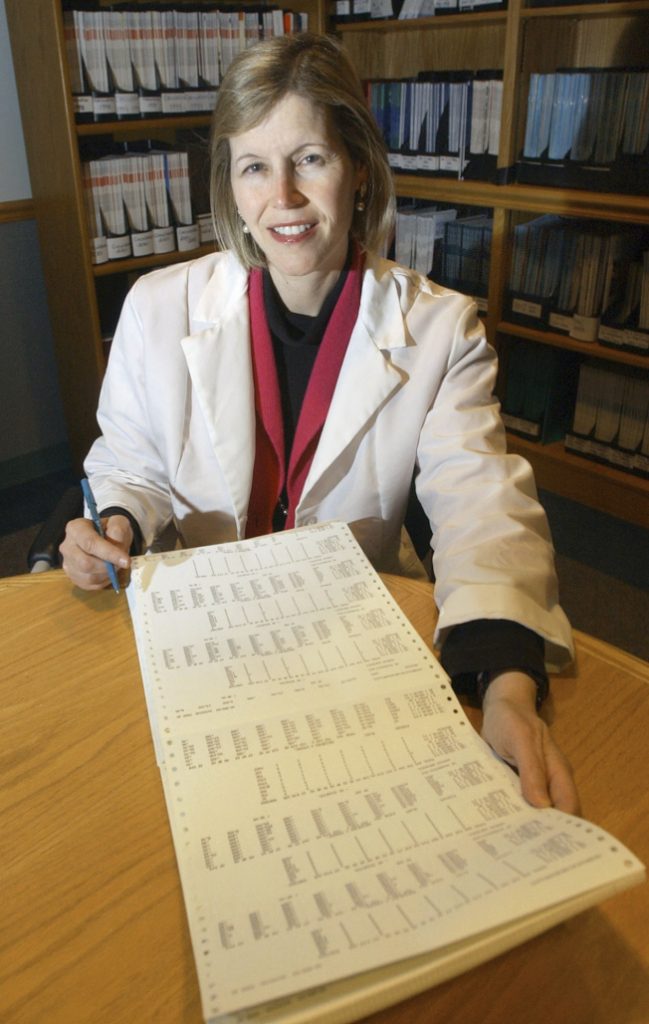A follow-up discussion released on September 12 showed that menopausal women without hormone hormones for years would change the perspective of the average person’s interest in hormone therapy.
The ations revealed that hormone therapy does not shorten women
The study was based on another study regarded as a milestone, with the use of estrogen (estrogen) or the combination of lutetic hormone (progestin), and the use of five to seven years of placebo. The study found that women who used two hormones had a higher rate of breast cancer, heart disease and stroke, while those with estrogen alone had a higher rate of stroke.

But about 18 years of follow-up research showed that, even at risk, both control groups had roughly the same rate of death from heart disease, breast cancer and other diseases.
Director of Prevention at Boston Women’s Hospital (Brigham and Women’s Hospital) and JoAnn Manson, lead author of the report, said the latest findings support the current medical initiative that women take short-term hormonal supplements to relieve menopausal conditions such as hot flashes. The report was published in the Journal of the American Medical Association (Journal of American Medical Association) on December 12.
Hormone supplementation, once seen as a youth fountain by menopausal women, reduces heart attack rates and strengthens memory because of insufficient evidence. The milestone seminar, sponsored by the federal government, began in the early 1990s to severely test the impact of hormones on mature women. The discussion is Prempro estrogen and luteal hormone supplements and Premarin estrogen.
The conclusion led doctors to oppose hormone therapy to prevent attacks in old age. If it is used to relieve menopause, it is recommended to use the lowest dose possible and shorten the medication period as much as possible. As for women with pre-existing health problems, the damage of hormonal therapy may exceed its benefits. The seminar included women aged 50 to 79.
The follow-up discussion involved 27,000 women who had participated in the previous discussion, including women who had continued to supplement the hormone for about a decade.
